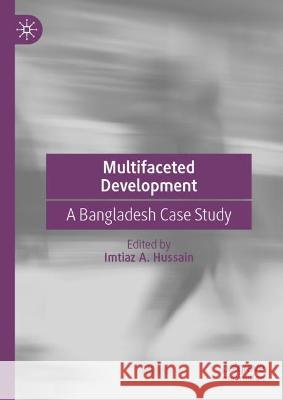Multifaceted Development: A Bangladesh Case Study » książka
topmenu
Multifaceted Development: A Bangladesh Case Study
ISBN-13: 9789819917976 / Angielski
Multifaceted Development: A Bangladesh Case Study
ISBN-13: 9789819917976 / Angielski
cena 603,81
(netto: 575,06 VAT: 5%)
Najniższa cena z 30 dni: 539,74
(netto: 575,06 VAT: 5%)
Najniższa cena z 30 dni: 539,74
Termin realizacji zamówienia:
ok. 16-18 dni roboczych.
ok. 16-18 dni roboczych.
Darmowa dostawa!
Kategorie:
Kategorie BISAC:
Wydawca:
Palgrave MacMillan
Język:
Angielski
ISBN-13:
9789819917976











